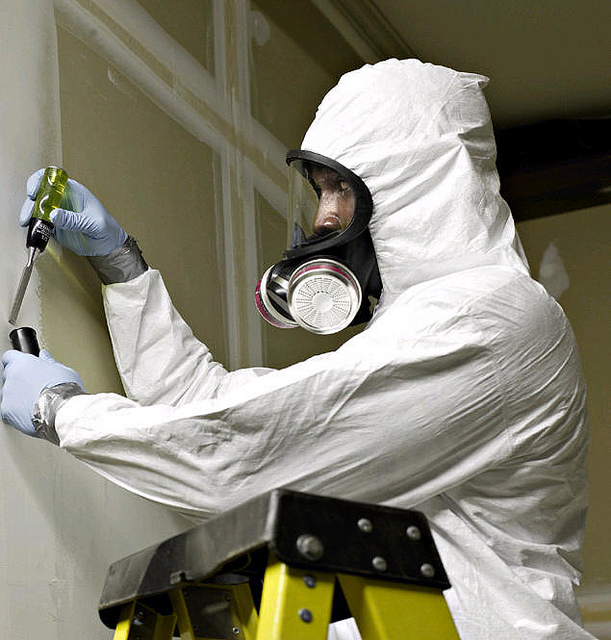Malignant Pleural Mesothelioma: Pleural Decortication and Multimodal Therapy
Malignant pleural mesothelioma is a severe cancer caused by asbestos exposure. It impacts the lungs’ lining. Treating it is tough, as it’s aggressive and often diagnosed late. However, new surgical and therapy methods are offering hope. A recent article looks at pleural decortication, a crucial surgery, and how multimodal therapy helps. What is Pleural Decortication? Pleural decortication is a surgery that removes tumors and tough lung and chest wall tissue. It’s crucial in EPD, which treats mesothelioma. First, the surgeon removes the tumor and pleura. This allows the lung to expand fully. The surgery is methodical and exact. It ensures full tumor removal with minimal damage. Skilled thoracic surgeons in specialized centers usually perform this complex surgery. Hyperthermic Intrathoracic Chemotherapy…









